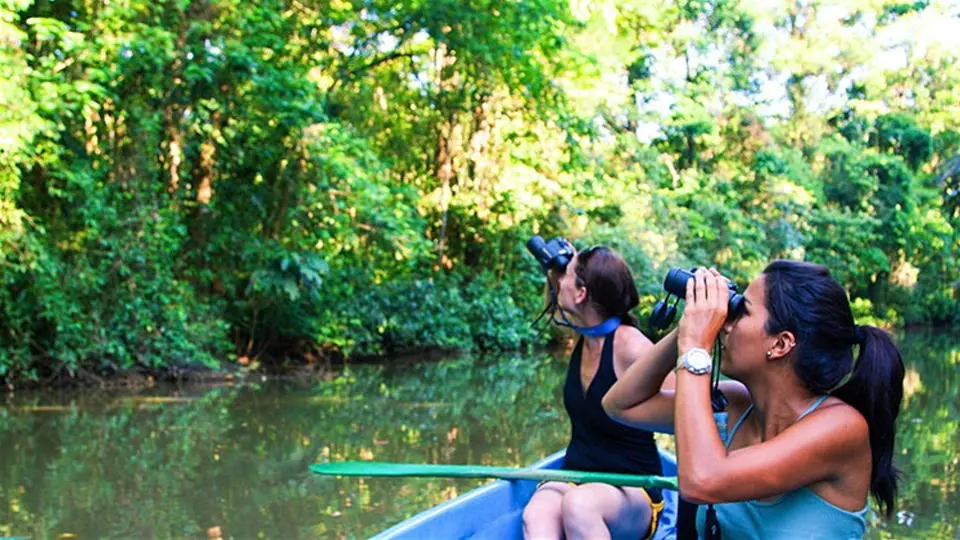Since July 1, tourists have had to pay more for services since the Impuesto del Valor agregado (IVA) – Value Added Tax (VAT) – went up from 8% to 13%, according to the Plan Fiscal.
This means consumers will have to shell out more money, which has the tourism industry worried because they feel making things more expensive makes the country less appealing than other countries in the area.
Businesspeople recognize that the gradual increase was expected, but don’t think this is the best time for the industry, since it’s still recovering and dealing with the fluctuating dollar exchange rate.
“Although it is true we were aware of the formation of this tax and its payment, of course, it does not come at the best time, we are in a process of recovery and growth, and we must not forget that we have gone through in the sector the last two years operating with losses, and this is a tax that comes to increase the rates of tourist services, since it is a tax that is transferred to the final consumer, said Shirley Calvo, executive director of the Cámara Nacional de Turismo (Canatur) – National Chamber of Tourism.
This hike in IVA is a real pain for both business owners and customers, since it’s a huge hit to the tourism sector, as Leonel Cervantes, president of the Association of Tourist Transporters of Costa Rica (Asotranstur) said.
“Costa Rica’s already pricey and we’re trying to promote tourism, but it’s becoming more challenging to attract visitors. It’s a shame that the sector’s still suffering from the pandemic’s impacts, even though we’re on the mend,” Cervantes added.
Tourist transport companies, travel agencies, and tour operators have now to apply the full 13% VAT, which combined with the unfavorable exchange rate, has had a detrimental impact on the sector, according to Ronald Álvarez, president of the Costa Rican Association of Travel Agencies (ACAV).
“It will be one more hit to the consumer’s pocket,” said Álvarez.
For its part, the Asociación de Operadores de Turismo (ACOT) – Association of Tour Operators – has taken this increase in a more measured way and ensures that the sector has had a full year to prepare and not suffer this latest increase.
Therefore, they hope that this will not have a significant impact on both tourists and the tourism sector.
“We hope that, insisting on the authorities, there will be a better understanding towards a sector so affected by the (Covid) pandemic and that, despite the increase in the arrival of tourists, it has not yet managed to recover from the enormous losses suffered,” said Álvaro Arguedas, president of ACOT.
Impuesto al Valor Agregado (IVA) – Value Added Tax – on tourist services
From July 1, 2020 to August 19, 2020 – 4%
From August 20, 2020 to June 30, 2021 – Exempt
From July 1, 2021 to June 30, 2022 – 4%
From July 1, 202, to June 30, 2023 – 8%
As of July 1, 2023 – 13%
(https://qcostarica.com/tourist-services-in-costa-rica-are-more-expensive-starting-this-month/)





































